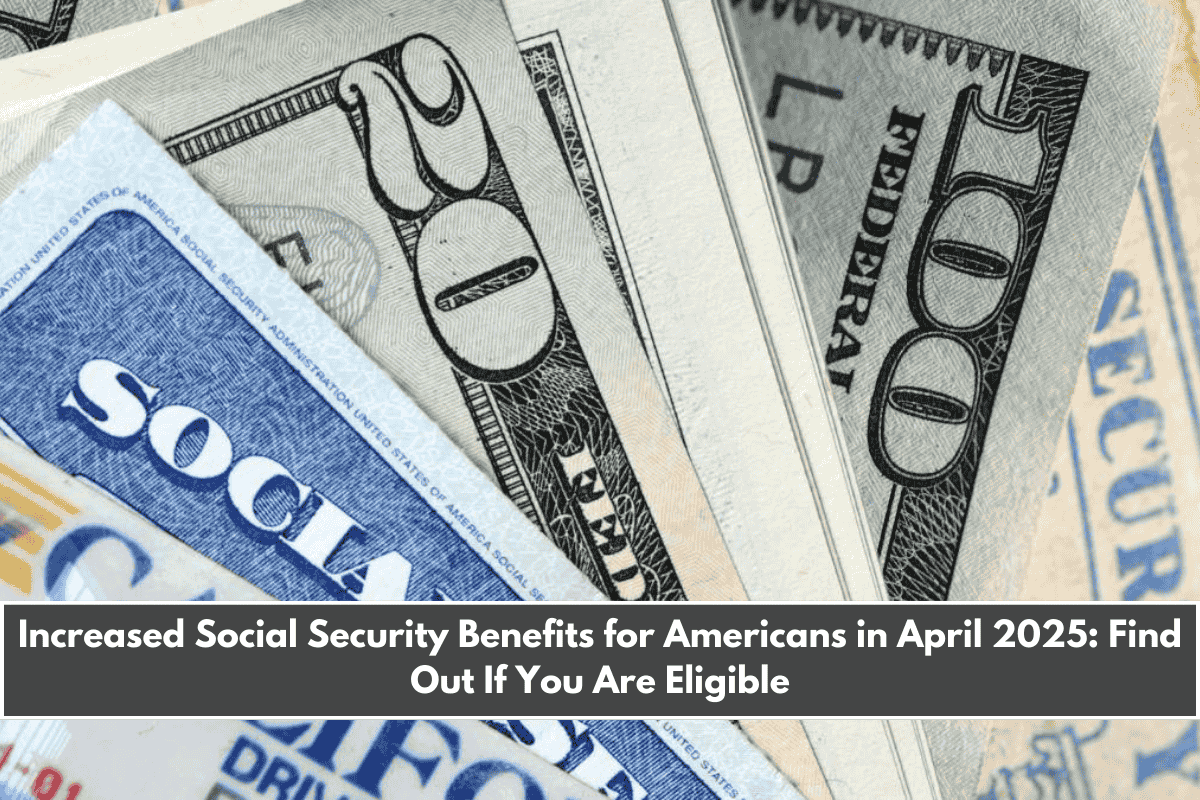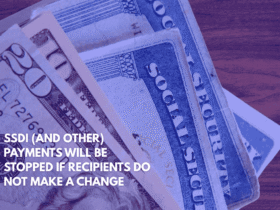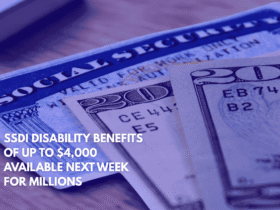With no Social Security deposits left in March, it’s time to look ahead to April 2025. For nearly 70 million Americans, Social Security payments are a vital source of income, helping them pay for rent, groceries, medicine, and other daily expenses. Knowing exactly when you’ll receive your Social Security payment is key to planning your month smoothly.
In April, the Social Security Administration (SSA) will send out payments on different dates depending on when you started receiving benefits and your birth date. Also, thanks to recent changes under the Social Security Fairness Act, some retirees will see higher payments than before.
April 2025 Social Security Payment Schedule
There are different groups of beneficiaries, and each group gets paid on a different day. Here’s how it works:
1. Supplemental Security Income (SSI) – April 1st
SSI is a separate program that supports low-income Americans who are either 65 or older, disabled, or blind. This payment always arrives on the 1st of each month.
So if you receive SSI, expect your April check on Tuesday, April 1, 2025.
2. Regular Social Security – Before May 1997
If you started receiving retirement, disability, or survivor benefits before May 1997, your payment will come on the 3rd of every month.
So for April, your payment will arrive on Thursday, April 3, 2025.
3. Regular Social Security – After May 1997
If your benefits started after May 1997, your payment date depends on your birth date. These payments are sent on Wednesdays, depending on when in the month you were born:
- Born 1st–10th: Payment on Wednesday, April 9, 2025
- Born 11th–20th: Payment on Wednesday, April 16, 2025
- Born 21st–31st: Payment on Wednesday, April 23, 2025
Social Security Benefit Amounts in 2025
Social Security checks are not all the same. The amount each person receives depends on their work history, retirement age, and past income.
Here’s a look at the 2025 numbers:
- Average monthly benefit: $1,976
- Maximum benefit (at age 70): $5,108
To get the maximum, someone must have had high lifetime earnings and delayed retirement until age 70, earning extra credit every month after full retirement age.
Bigger Payments for Some: Social Security Fairness Act
A major change is coming from the Social Security Fairness Act, signed into law by President Biden. This law removes two rules that unfairly reduced benefits for certain workers:
These rules mainly affected teachers, firefighters, police officers, and federal employees who received pensions from jobs not covered by Social Security. If they also worked other jobs that did pay into Social Security, their benefits were unfairly reduced.
Now, thanks to the new law, these workers will receive full Social Security benefits based on their actual contributions. In some cases, this could mean an increase of up to $1,000 per month.
What Else You Should Know
While the law gives many people permanent increases and even retroactive payments, the SSA will also begin recovering overpayments starting in March 2025. Some retirees may see their entire checks withheld temporarily to pay back extra money received in the past.
It’s a short-term challenge, but it will bring long-term fairness. If you’re affected, the SSA recommends checking your online account or contacting them for help.











Leave a Reply